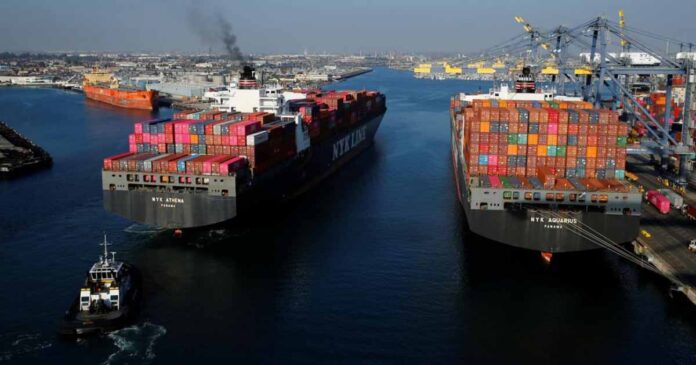Pakistan’s tuna fishing industry is on course for a $200 million transformation after securing its first-ever quota allocation from the Indian Ocean Tuna Commission (IOTC) and launching a series of regulatory and policy reforms, according to Federal Minister for Maritime Affairs, Muhammad Junaid Anwar Chaudhry.
The IOTC has allocated Pakistan a tuna quota of 25,000 metric tons — comprising 15,000 tons of Yellowfin Tuna and 10,000 tons of Skipjack Tuna. These allocations are rooted in sustainable fisheries management practices, reflecting a global shift toward climate-friendly marine resource use and ocean conservation.
Calling the development a “turning point for Pakistan’s tuna sector,” the Minister emphasized its potential to bring in significant foreign exchange. International prices for Yellowfin and Skipjack tuna range between $5 and $7 per kilogram, with the potential for even higher returns through value-added processing.
While Pakistan already lands over 45,000 metric tons of tuna annually, much of it has operated outside the formal economy due to unregulated fishing. In response, the government has launched comprehensive reforms, including the National Fisheries and Aquaculture Policy, aimed at integrating fragmented governance structures and promoting both environmentally sound and economically viable fishing practices.
The Minister noted that the policy aligns with Pakistan’s commitments under international marine conservation and climate agreements.
In another landmark, a senior official from Pakistan’s Ministry of Maritime Affairs has, for the first time in the IOTC’s 28-year history, been elected as Chair of the Standing Committee on Administration and Finance — a move seen as strengthening Pakistan’s influence in global tuna management.
The IOTC, under the United Nations Food and Agriculture Organization (FAO), is a 30-member intergovernmental body tasked with regulating tuna stocks and promoting sustainable fisheries across the Indian Ocean.
As part of its environmental commitments, Pakistan is transitioning away from destructive fishing techniques like gillnetting and trawling. These are being replaced by selective longlining, which minimizes bycatch and better protects marine ecosystems amid climate challenges such as rising sea temperatures and shifting migratory routes.
The FAO has supported this transition by supplying 10 longline fishing kits free of cost to local communities for demonstration purposes. According to the Minister, this shift is expected to raise the per kilogram value of tuna from $2 to $8.
Further regulatory reforms have targeted the seafood export process. Adjustments to certification and testing fee structures have increased revenues from PKR 48 million to PKR 250 million. On the infrastructure front, upgrades at Korangi Fisheries Harbor — including a new auction hall and floating jetty — are designed to improve tuna handling capacity and bolster exports, especially to European markets.
With robust quotas in hand, international recognition, and a unified policy framework now in place, Pakistan’s tuna industry is entering what the Minister described as “a new era of sustainable growth and foreign exchange generation.”




